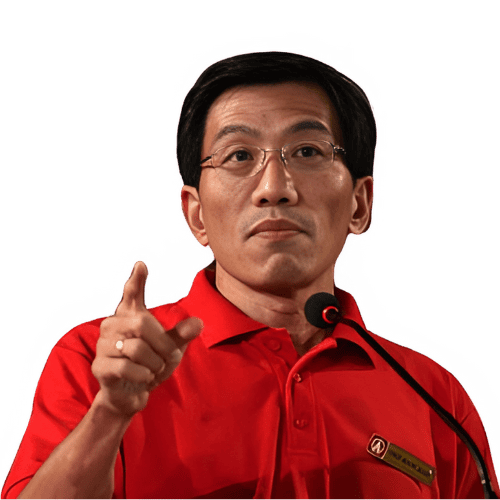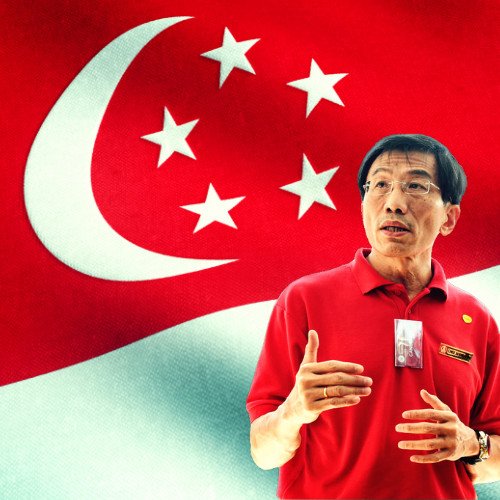WHEN THE PAP became the government in 1959, it increased the CPF contributions through the years, raising them to as much as 50 percent in 1984 and 1985 before the 1985 recession forced the government to bring the rates back down.
The original intent of the CPF was to help workers save for their old age and for them to be less dependent on the state when they are no longer economically productive. Few quarrelled with this notion. Since then, however, the system has allowed members to use their savings to finance their homes, pay medical bills, service insurance policies and even punt on the stock market.
The use of the CPF for extraneous purposes triggers the question of whether the savings are being diluted. In 1997, the mean balance was less than $30,000. As this is only the average, it does not take into account the many who have savings well below the $30,000 mark.
Economist Mukul Asher at the NUS was already warning that because of the way the CPF system is run, “many currently near retirement and with low balances may not find it possible to make individual or family provision for social security needs.” The subject was also one of the central issues on which the SDP campaigned during the 1997 general elections. It wasn’t until 1999, however, that an inter-ministerial committee set up by the government finally admitted that many Singaporeans “assume that their CPF savings are enough for retirement” when in fact they are not.
The question that is screaming to be asked is: What has happened to all the CPF money then? The simple answer is that most people have used their savings to finance their houses. Financial analyst Dan Fineman observes: “CPF financing has contributed to high land prices, the government gains from home purchases, while pension balances dwindle…CPF will prove grossly inadequate for meeting individual retirement needs.”
The way CPF balances are being invested by the government has also been called into question. In fact, Asher calculates that returns to CPF members between 1987-1998 was zero percent, with five of the 11 years actually registering negative returns.
Even the World Bank commented on this outrageous situation. In 1999, it noted that on average CPF’s interest rate was in fact lower by 0.4 percent than those of the four Singapore banks to which it was pegged. India, Malaysia, and the United States on the other hand have done much better for their people.
This finding was reinforced by an economist at SG Securities who noted that the average real return on Singapore’s financial reserves is one of the lowest in Asia. “We have a problem in Singapore,” he cited. NUS business school professor Koh Seng Kee pointed out that “Should there be a financial or political crisis, the wealth of Singaporeans will dissipate quickly.”
What is The Truth About...?
In the spirit of remembrance and reflection, I am re-publishing a series of essays titled “The Truth About…,” delving into pivotal moments in the democracy movement over the past 15 to 20 years. These posts serve as a testament to the enduring struggle for democratic ideals and the pursuit of truth in Singapore.

The Singapore Democratic Party's Journey Through Time
Delve into the rich history of the Singapore Democratic Party (SDP), a key advocate for democracy and human rights in Singapore since its founding in 1980 by Chiam See Tong. This timeline highlights significant milestones, from early electoral successes and leadership transitions to ongoing advocacy under Chee Soon Juan.
Championing Democracy: In-Depth Analyses
Explore political articles offering in-depth analysis and critical perspectives on the current government of Singapore. These commentaries, penned by Dr. Chee Soon Juan, provide a thought-provoking examination of national policies, governance, and the implications for our society. Dive into these pieces to gain a deeper understanding of the challenges and opportunities facing Singapore today.
Take the Democratic Challenge Quizzes Now!
Embark on an enlightening journey through Singapore’s political history and democratic evolution. Engage with our curated quizzes that delve into key issues, the influential Singapore Democratic Party, and the inspiring story of Dr. Chee Soon Juan. Each quiz offers a unique opportunity to learn and reflect on the dynamic forces shaping Singapore’s democracy. Click the below and start exploring today!






